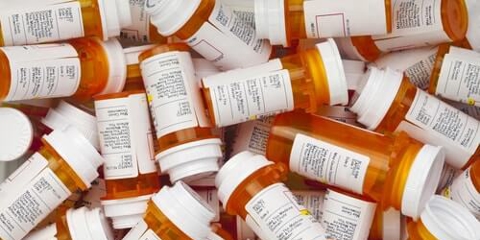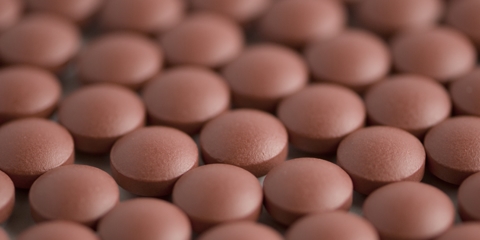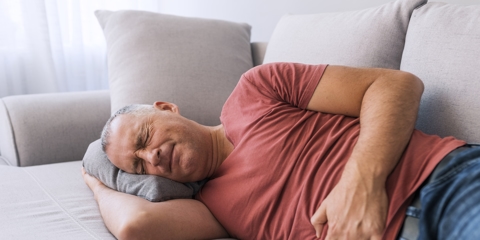Often there are unused prescription drugs in our cabinet that have either served their purpose or expired. For whichever reason, it can be confusing to know exactly what to do with these leftover medications.
It is easy to let these prescription drugs sit on the shelf, but did you know there are many risks associated with this kind of negligence? For example, individuals can deliberately misuse, accidentally consume, or a child or pet can come in contact with them. Regardless of the circumstance, you should remove these unused, expired and unwanted drugs to help prevent the risk of injury.
The best way to dispose medicines is through National Prescription Drug Take-Back events. According to the FDA, the U.S. Drug Enforcement Administration (DEA) hosts these type of events throughout the year in all 50 states. Individuals can simply bring their unused medications to a collection site in their local community. In May 2016, the DEA broke a record for their take-back day gathering nearly 447 tons of unused prescription drugs.
If unable to attend a take-back day or DEA-authorized collectors are not available in your community, the National Association of Drug Diversion Investigators (NADDI) offers a Rx Drug Drop Box. It is usually in a local, convenient location, and you can place your unused medications in the box. To find a Rx Drug Drop Box near you, click here. Additionally, medications can be placed in household trash or flushed, but only under certain circumstances.
To dispose of prescription drugs in household trash, follow these steps:
- Use a distasteful substance such as used coffee, kitty litter or dirt to mix the medications. Individuals should not crush capsules or tablets.
- Place the mixture in a sealed plastic bag or other similar container.
- Throw the container in the trash.
- Scratch out or remove all personal information on prescription label of the empty pill bottle(s) and then dispose of it.
Likewise, prescription drugs may be flushed. This should only be considered if the drugs are especially harmful or even fatal with a single dose. For a list of recommended flushable medicines, click here.
If uncomfortable with disposing prescription drugs on your own, consider contacting your local law enforcement or your waste management authorities to find out what options are available. For a list of resources and information regarding drug disposal, please visit the DEA’s website here. Furthermore, if you or someone you know experiences a medication error, contact Poison Control immediately at 1-800-222-1222.


